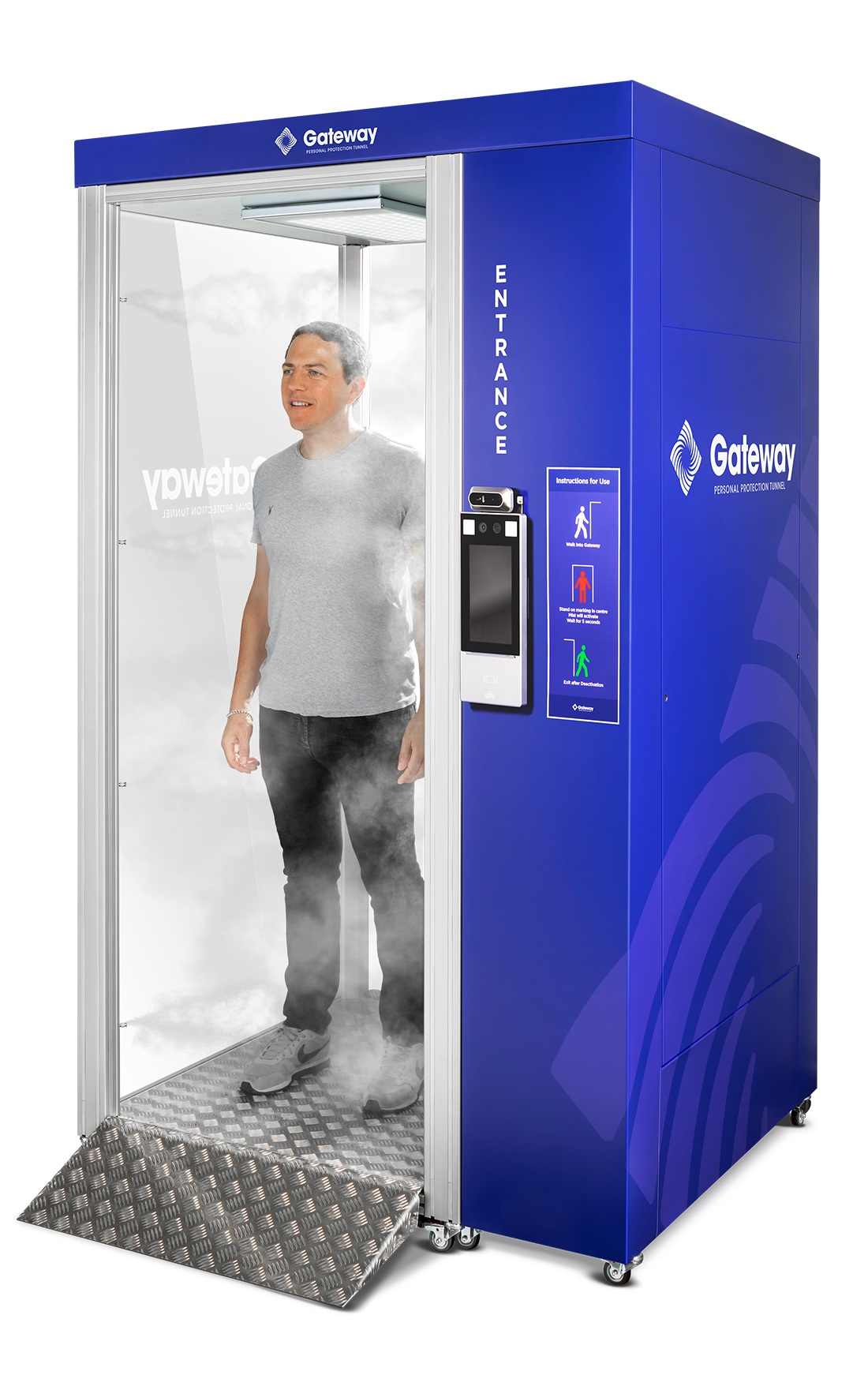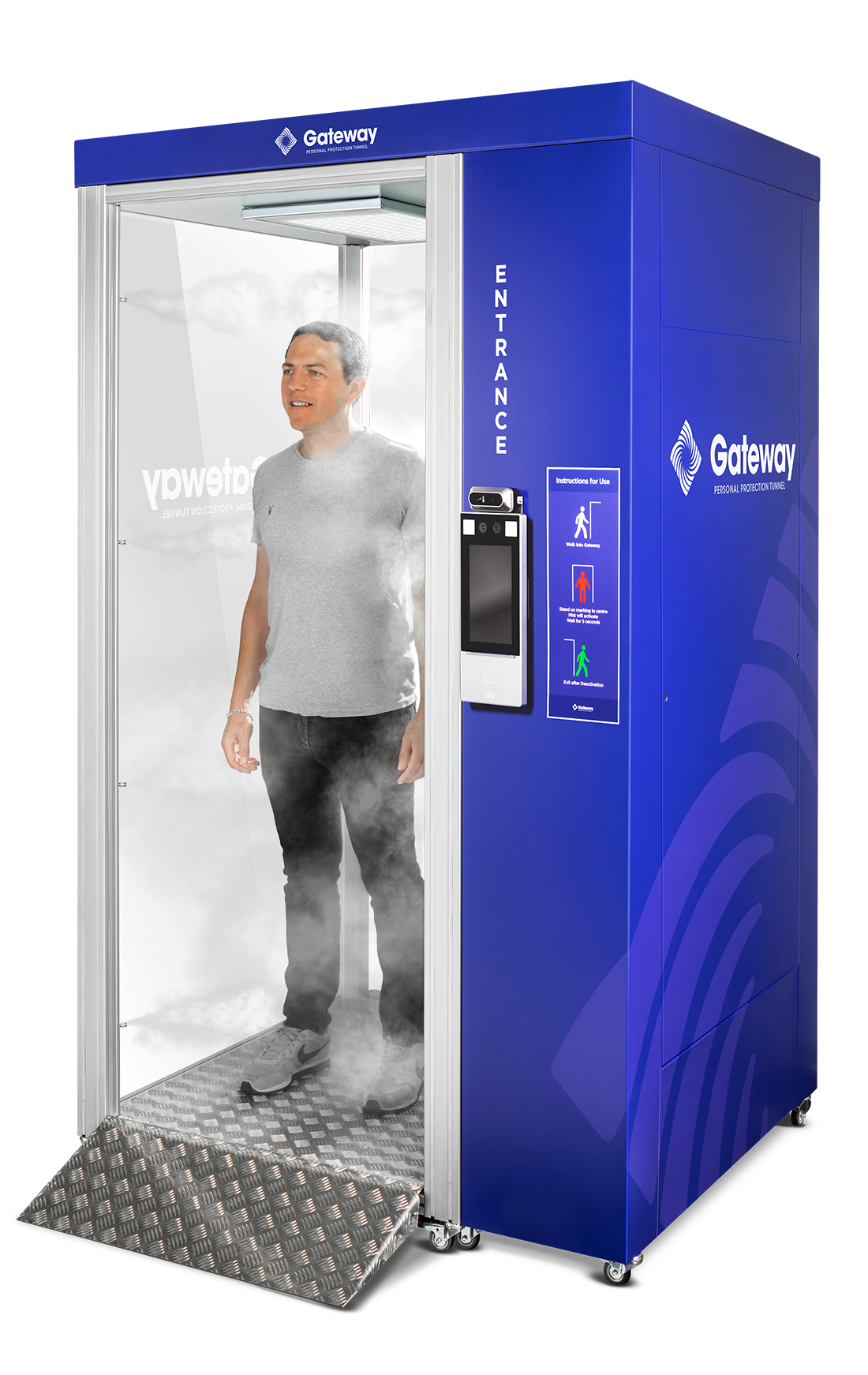How do Emergency Back-up Power Systems Work?
There is no escaping the fact that homes and businesses rely on electricity. However few of us consider that the grid delivering the electricity to our home or workplace can fail quite easily. Every year heavy floods, snow storms and hurricane force winds leave thousands of homes and businesses without electricity for several days or even weeks. It is not only the weather that causes problems. Routine maintenance such as the renewal of transformers, or accidents such as a truck demolishing overhead cables can cause disruption to power supplies.
Power failure can be very expensive to businesses and households, and can be critical in hospital operating theatres and ICUs. The average home freezer contains nearly £200 worth of frozen food, whereas restaurants and shops have thousands of pounds worth of chilled and frozen food that can perish without electricity. In addition, almost all domestic and industrial heating relies on electric ignition or pumps even if the main energy source is gas or fuel oil.
All businesses, large or small, are encouraged to have disaster recovery procedures in place so that they can continue to function in the event of catastrophe. Coping with power failure should always be included in these procedures, and should include specification of the equipment required to keep processes operating, as well as robust testing and maintenance procedures. The financial investment in back-up power supplies is money wasted if it does not work immediately when it is needed.
There are a number of ways to keep the electricity flowing, and they all have advantages and disadvantages. It is important to understand what equipment is available, and to research what is the best and most cost-effective method for your individual business or home.
The most obvious is some form of back-up generator, which you can run when the power goes off. There are a number of different types and sizes of generators available, which can run anything from a kettle and a few lights up to an entire business complex. These can either provide power through extension leads, or they can be hardwired directly into your consumer unit to deliver power to all or some of your normal installation. The drawback with generators is that they are noisy, require fuel to run and produce exhaust fumes. In addition to the need to store quantities of highly flammable fuel, they require regular maintenance to ensure that when needed they will function properly.
If you do not need or want a generator, there is a range of battery type back-up options available. These are smaller and quieter than generators, but do not have the same capacity. An uninterruptible power supply (UPS) is a form of battery back-up where the power to an individual appliance, or a small circuit, is provided by a constantly recharging battery. When the electricity goes out the battery continues to power the appliance for a period of time, allowing for continued safe use. Solar panels attached to deep cycle batteries can also provide similar back-up, and there are a range of inverters which can run small appliances from a car battery.
Whatever equipment you decide to use, make sure it is regularly inspected and tested. You never know when the power will go off, and your back-up has to be ready to work in an instant.
Conditioned Environment are experts in providing the highest quality air conditioning, HVAC systems and emergency back-up systems for our customers. Our vast knowledge and experience means we can take care of the supply, installation and maintenance of your system to achieve first class results. For more information, get in touch with us today!




